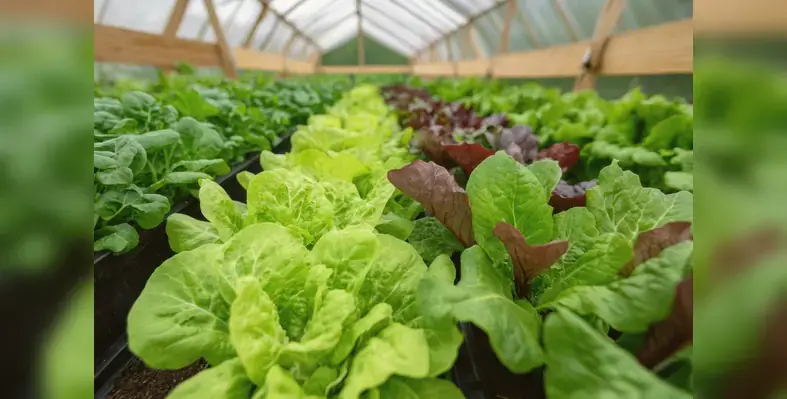Gulfood360 Africa Kenya is set to make its debut in Nairobi from 4 to 6 May 2027, marking a major expansion of Gulfood, the world’s most influential food and beverage sourcing platform.
Announced in Dubai in January 2026, the launch confirms Kenya as the official African host of the Gulfood platform and positions the country as a leading gateway into Africa’s fast growing food, agribusiness, logistics and innovation economy.
Developed with the unified support of Kenya’s Ministry of Investments, Trade and Industry, the Ministry of Agriculture and Livestock Development, the Agriculture and Food Authority and the Office of the Special Envoy on Technology, Gulfood360 Africa Kenya reflects a strategic partnership between Kenya and the United Arab Emirates. Anchored in the Kenya UAE Comprehensive Economic Partnership Agreement, the initiative is designed to boost trade flows, attract foreign direct investment, strengthen regional value chains and connect Africa more deeply with global food markets.
The platform aligns closely with President William Ruto’s Bottom Up Economic Transformation Agenda, which places agriculture, manufacturing, trade, logistics and technology at the centre of Kenya’s growth strategy. Gulfood360 Africa Kenya will act as a catalyst for value addition, agro industrial development, SME participation and export competitiveness, reinforcing Kenya’s role as Africa’s premier agrifood trade hub.
Kenya’s selection is supported by major investments in infrastructure and logistics, including airport expansion, port modernisation and the development of regional trade corridors. These efforts are complemented by the country’s leadership in clean energy, with more than 90 percent of electricity generated from renewable sources, offering sustainable and cost effective power for agribusiness and manufacturing.
As a gateway to the African Continental Free Trade Area and a key producer of tea, coffee, horticulture and processed foods, Kenya offers global firms access to a market projected to reach $567.31 billion by 2032. Its reputation as Africa’s Silicon Savannah further strengthens its appeal, showcasing innovation in agritech, artificial intelligence, digital trade and smart logistics.
Lee Kinyanjui, Cabinet Secretary, Ministry of Investments, Trade and Industry (MITI), said, “The launch of Gulfood360 Africa/Kenya signals a decisive step in Kenya’s trade and investment journey. Anchored by the Kenya–UAE Comprehensive Economic Partnership Agreement and supported by structural reforms, this moment reflects a country mobilising its full value chain for global trade. Kenya is positioning itself as Africa’s gateway connecting farms, factories, and supply corridors to the world.”
Mutahi Kagwe, EGH-, Cabinet Secretary Ministry of Agriculture and Livestock Development added,“Agriculture sits at the heart of Kenya’s economy, contributing over a quarter of our GDP and supporting millions of livelihoods across the country. Gulfood360 Africa/Kenya reflects our commitment to converting this agricultural strength into global opportunity, connecting Kenyan and African producers with the rest of the world.”
Trixie LohMirmand, Global Organiser of Gulfood, said, “Kenya is built for global competitiveness, and Africa is at its inflection point. Gulfood360 Africa/Kenya positions the country as the conduit through which African produce and value flow into international markets. This expansion sends a clear signal that Africa’s food economy is entering a new phase of scale, execution, and competitiveness and Kenya is leading that charge.”








